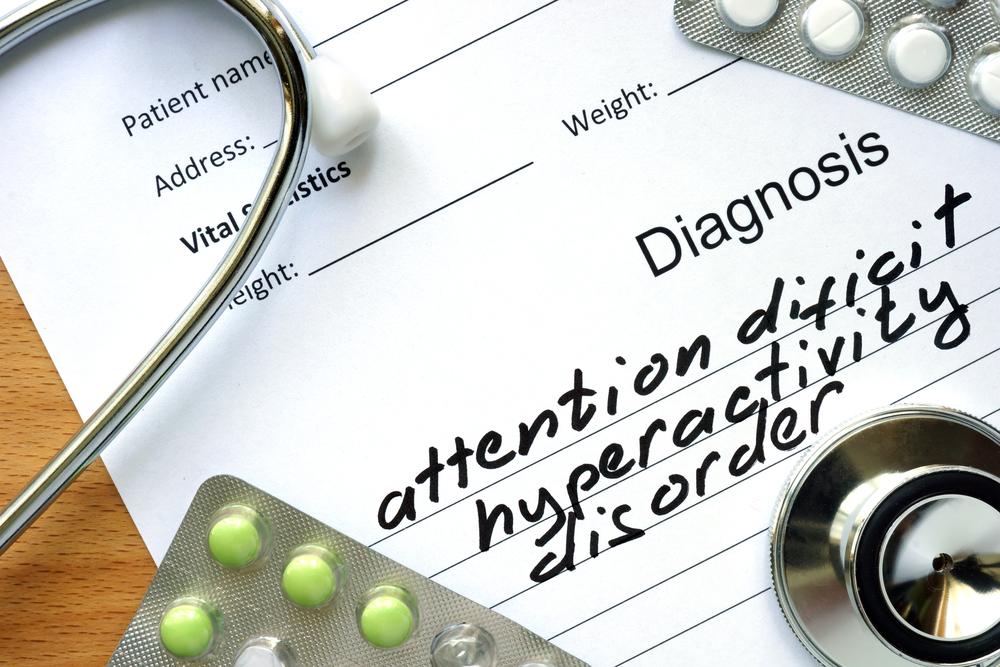Effective Approaches to ADHD Management
This article explores effective ADHD management strategies, including therapeutic techniques, medication options, and long-term support, aimed at improving daily functioning and quality of life for those affected. It emphasizes personalized treatment plans combining therapy and medication for optimal results.

Strategies for Successfully Managing ADHD
Managing ADHD involves an integrated approach combining psychological, behavioral, educational, and medical methods tailored to the individual's age and needs.
Parental training initiatives
Educational programs about ADHD
Supportive classroom strategies
Behavioral therapy techniques
Counseling services
Skills training workshops
Medication regulation
Effective treatment reduces symptoms and boosts daily functioning. An optimal combination of therapy and medication often yields the best results. Here's a closer look at these strategies.
Therapeutic Strategies
Various treatments are effective for children and adults with ADHD, addressing related issues such as anxiety and behavioral difficulties.
Examples include:
Social Skills Development —Role-playing exercises help children learn social interaction skills and understand how their actions affect others.
Behavioral Modification —Reward systems help children control impulsive behaviors, engaging parents and educators in the process.
Psychoeducational Support —Therapy encourages open discussion of ADHD, promoting self-awareness and positive mindset development.
Participating in these therapies helps children foster healthy thoughts and improve social abilities.
Pharmacological Treatments
Medication plays a key role in ADHD treatment, often being the most effective for symptom management in both youth and adults. Research indicates that around 80% of children benefit from medication when dosages are properly adjusted.
The NHS approves five primary medications for ADHD:
Guanfacine
Atomoxetine
Lisdexamfetamine
Dexamfetamine
Methylphenidate
These drugs help stabilize mood, reduce impulsivity, enhance focus, and foster social skills development. Treatment suitability depends on age, allergies, and medical history, making professional consultation essential for personalized care.
Long-Term ADHD Management
While there is no cure for ADHD, consistent management with suitable treatment significantly enhances quality of life. Continuous support allows individuals to better control their symptoms and attain their full potential, leading a balanced and productive life.


